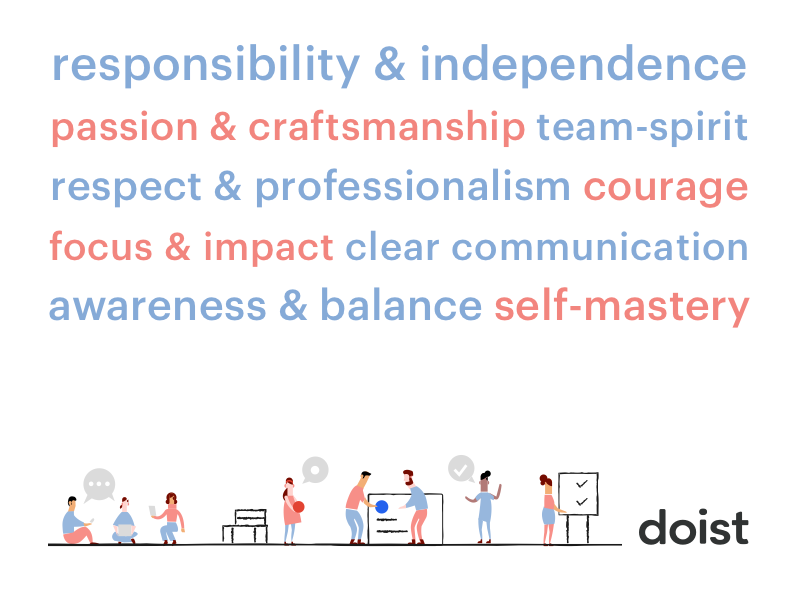

To what extent did you experience any synchronous fatigue (Zoom, meetings, etc.) during the pandemic?

You have been with Doist since long before the pandemic. Understandably, there is skepticism, but those who don't work through this will find themselves obsolete, one way or the other, so it's important for leaders to convert this skepticism into an optimistic outlook, and view remote work as an opportunity. By providing flexibility and autonomy they render themselves less useful in the modern workplace. People have built their entire careers on managing people in a physical office. Change is hard, and there are some extremely ingrained practices in the way that we work, which date back to the Industrial Revolution and earlier. What I think they actually fear, though, is change. That they will slack off while working from home, or maybe their team culture will dissolve. Some leaders say they are concerned employees won't be able to handle the autonomy. So in the follow-up, I wanted to ask Chase to address some remote work objections head-on, as there are indeed strong critics of the philosophy (like Elon Musk.!).Ĭurtis Duggan: What are the top objections you hear from leaders who are skeptical about remote work?Ĭhase: I think what they say - and what they actually fear - are two different things. The panel was, by its very nature, very "pro-remote". These products are used by tens of millions of users worldwide. Doist specializes in productivity software, like task management app Todoist, and Twist, a team messaging tool designed for async work. We caught up with Chase in the week after Running Remote 2022 to dive deeper into his insights about remote work leadership.Ĭhase is Head of Remote at Doist, a company founded in 2007 and a pioneer of remote work culture. In some cases, where companies have always been remote or made the shift a long time ago, the role of a Head of Remote is more about the preservation, maintenance, and growth of a strong, permanent remote work culture. The panelists went deep on how companies benefit from a dedicated executive/management role whose specific mandate is to manage the shift from office-based to remote work. At Running Remote, Chase Warrington - Head of Remote at Doist - moderated a panel entitled: Do You Need a Head of Remote?


 0 kommentar(er)
0 kommentar(er)
